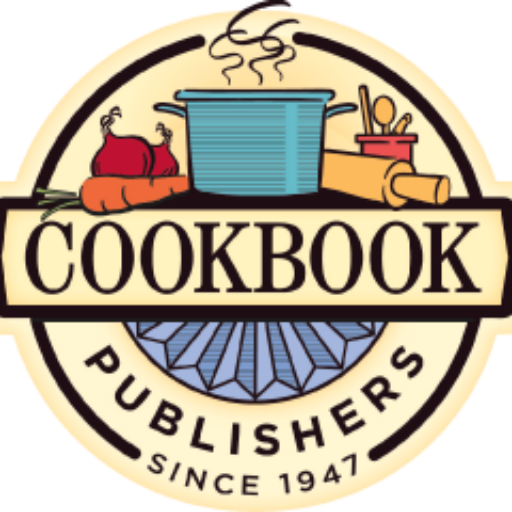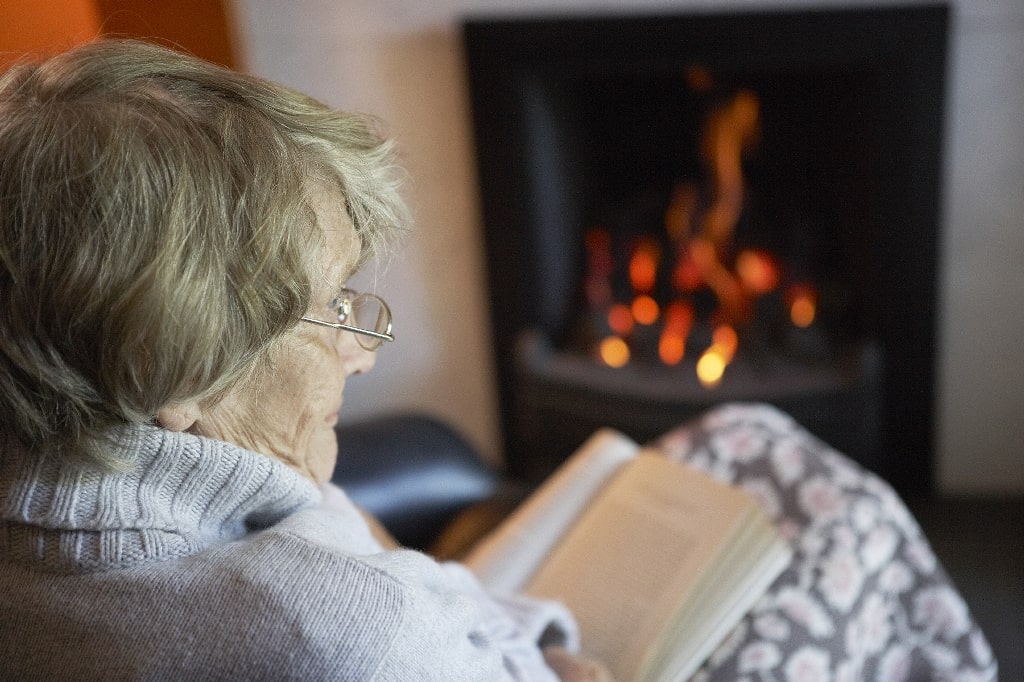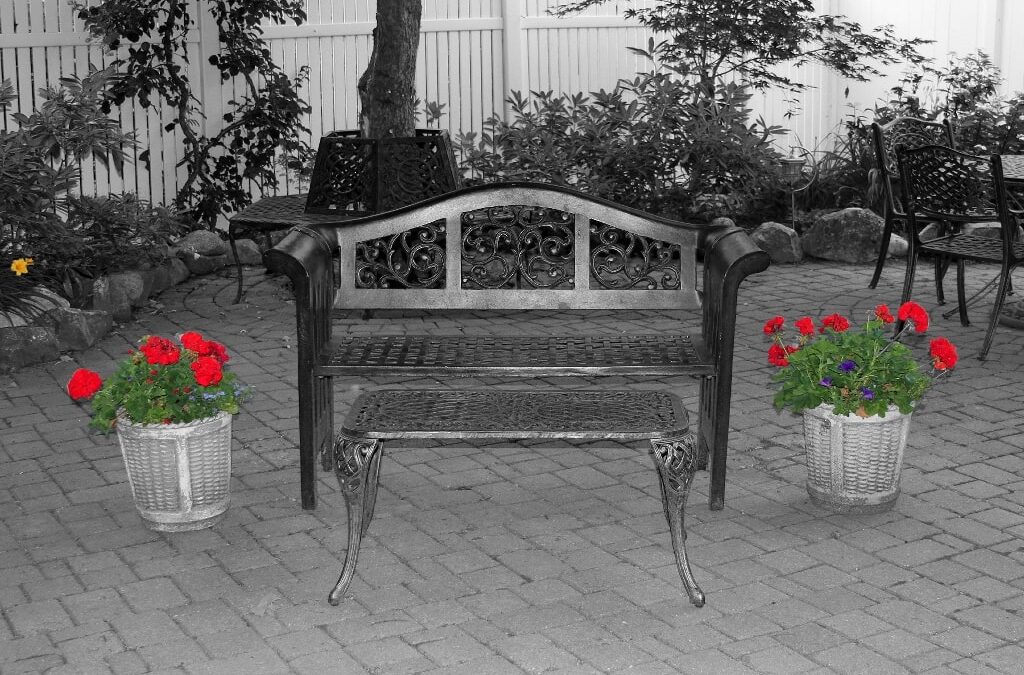I am discovering more and more people who, like myself, enjoy reading cookbooks. I’m not talking about scouring a cookbook hurriedly looking for something to make for dinner—that’s what all those Tasty videos on Facebook are for. No, I’m talking about starting at the beginning and reading it like a novel!
What Makes a Good Cookbook?
I love nothing more than a cookbook with stories. Stories about why a recipe is special to the author, the history of a recipe, or just a funny incident that happened once when making a dish. More than a novel, a cookbook is marinated with the author’s personality. After taking a peek into their life and spending time with them in their kitchen, I often feel after I’ve finished like I’ve made a new friend.
I even enjoy reading what I call “process” cookbooks. You know, the ones where they’ve tried every single recipe variation and method in order to find the “best” one. If I had people to wash all the dishes for me, this might be fun, but I don’t. So I enjoy reading about other people’s experiences and hard work, and of course, my dishes benefit from those trials and errors as well.
When I’m homesick, I thumb through an old community cookbook from the church I grew up in. Many of the contributors have now passed on, but the recipes warm me with memories of good times and good food shared in love. My daughter enjoys looking through our family cookbook and asking me questions about the recipes, as well as the aunts, uncles and cousins whom she’s never met or seldom gets to see.
Published for a family reunion in 2000, my own family cookbook has all of our recipes … but none of the stories – and that’s a mistake I regret. If you’re in the process of creating a cookbook, don’t make the same mistake. Fill up your personal pages and utilize recipes notes to make your cookbook one that will be readable, memorable and cherished for years to come. Now that I think about it, my family cookbook is due for a second edition, so I can get a second chance at personalizing it!




